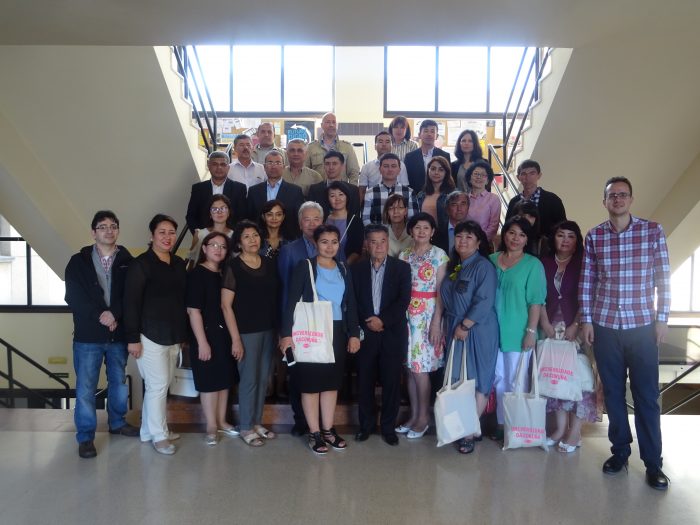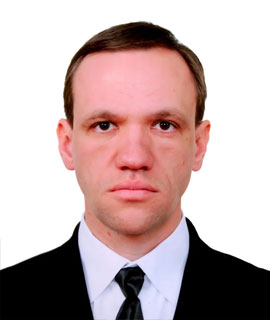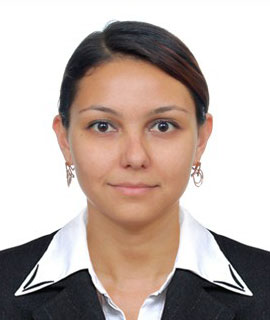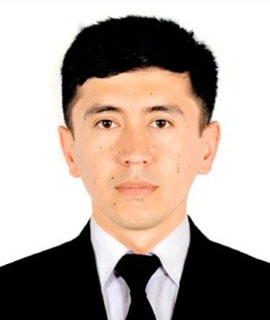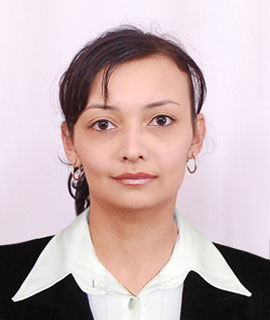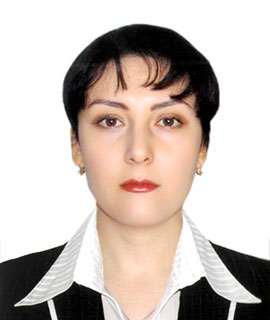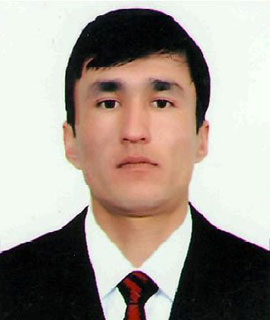Project info
Development of the interdisciplinary master program on Computational Linguistics at Central Asian universities

This project is being done under the initiatives of Uzbekistan and Kazakhstan universities
Νumber 585845-EPP-1-2017-1-ES-EPPKA2-CBHE-JP
Some of the means for enhancing access to higher education, world knowledge exchange, and closer involvement of Uzbekistan and Kazakhstan in world economy is availability of information, incorporating new teaching methods, ICT-based practices in education. Computational Linguistics, and more generally Human Language Technologies are crucial for development of high information technologies, absolutely necessary for the industrial, social and civilization progress. These technologies are in progress almost everywhere in the world but at different speed in the concerned countries.
Despite of a number of software working with recognition of the world languages such as English, Mandarin, Russian, and Spanish; the Kazakh and Uzbek languages still drop out. Thus it is practically impossible for the world community to retrieve any information in Uzbek or Kazakh. Though the policies of both countries – Uzbekistan and Kazakhstan aim at mastering English as the way of entering world economy (Kazakhstani Cultural program «Trinity of languages», The decree of the President of Uzbekistan № 1875 “On measures to further improve of foreign language learning system”, December, 10, 2012) English proficiency is still low, and the needs for access to the world information, as well as introducing themselves in UZ and KZ languages are still very high, besides, the world interest to the information on the Turkic languages is growing and the demand for qualitative machine translation into\from Uzbek and Kazakh is evident, though Google started this service about two years ago, it still needs much improvement.
As it is known the studying computational linguistics provides a working component of a speech or natural language system; morphological and syntactic analysis are the stepping stones for more complex language processing applications, such as machine translation, information retrieval, question-answering, and many others. However, for Uzbek and Kazakh languages formalization and computational analysis of languages morphology is not widely worked out (http://acl2014.org/acl2014/W14-28/pdf/W14-2806.pdf). Achievements of computational linguistics can be applied in language teaching via creating special software. Computational linguistics master program will improve the situation via training the students, stimulating research in computational linguistics to understand the nature of linguistic representations and linguistic knowledge, and how linguistic knowledge is acquired and deployed in the production and comprehension of language; computing of the relation between form and meaning, facilitating document processing and information retrieval, providing with new data and instruments for learning languages (Kazakh, Uzbek, English).

Computational Linguistics as interdisciplinary educational program does not exist in the partner countries, though as a research area it has been developed since beginning of 2000. Implementation of new teaching methods ICT-based practices will make education accessible for more students. They will be able to access learning materials, teacher interaction with digital tools. Thus the project tackles regional priorities: learning and teaching tools: blended courses; access to higher education, international cooperation at regional level. Blended learning strategy training will be provided, experience and skills disseminated in academic process in partner HEIs; blended courses will be developed and implemented, thus improving access to higher education; joint development of courses will stimulate international cooperation.
New interdisciplinary master program meets the national priorities in Humanities as Computational Linguistics competence enforces Linguistics curriculum development moreover it also involves Lifelong learning and Knowledge triangle, innovation. Mastering blended learning and development of NLP tools will reinforce links between education, research and business, as the project outcomes will be offered for implementation by companies and agencies. Professional skills of the computational linguistics program graduates will be applied to create new tools to make information in the Uzbek and Kazakh languages available for speakers of other languages, as well as to learn these languages via English. Blended Learning implies both online and in-person learning experiences when teaching students, thus the developed blended courses and the professional skills related to blended learning will be applied for continuing education. Building partner capacities in blended learning as learning and teaching tool, pedagogical approach improves the access to higher education including the disadvantaged groups of people. Disseminating experience and knowledge of blended learning to other educational programs contributes to capacity development potential of the project.




































